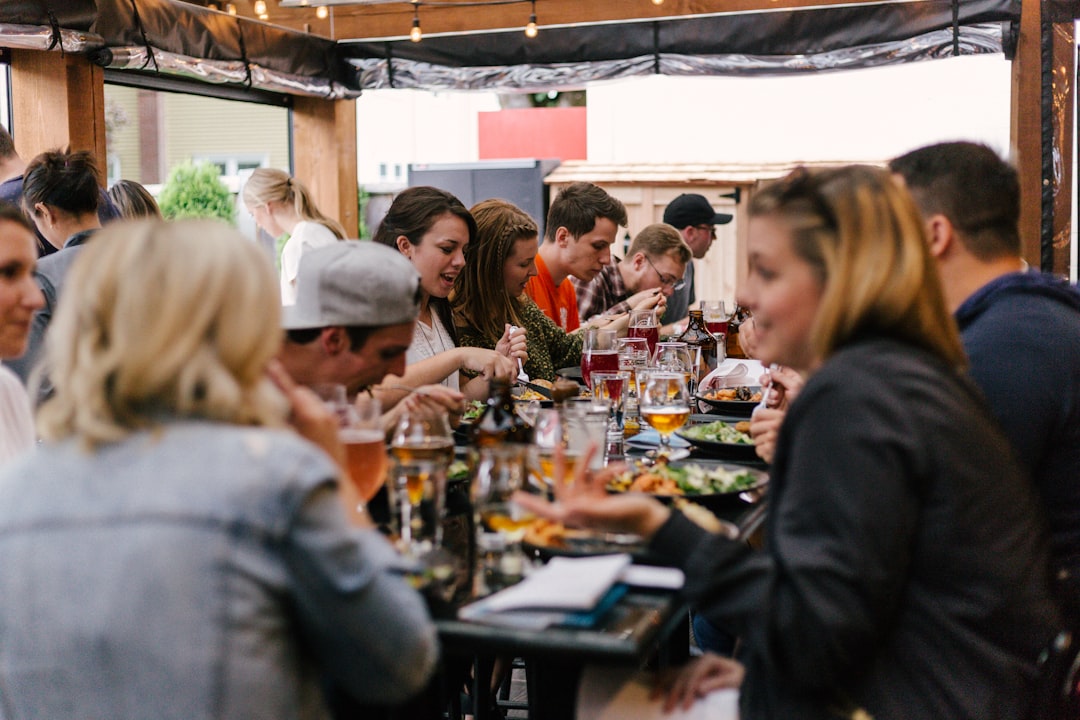
In an age defined by rapid transformation and unforeseen challenges, the strength and promise of Gñory present a compelling opportunity for progress and innovation. Long considered a remote or unexplored domain, Gñory is fast emerging as a beacon of resilience, sustainability, and cultural integrity. As we turn our attention toward this evolving region, its depth and vibrance reveal untapped potential both for its inhabitants and for those committed to strategic, ethical development.
Understanding the Unique Identity of Gñory
Gñory possesses a multifaceted identity—geographically diverse, culturally rich, and governed by a deeply rooted yet evolving social fabric. Unlike regions molded through aggressive industrialization, Gñory retains an organic balance between tradition and progress. This equilibrium is not accidental; it is the result of careful stewardship and a value system that prioritizes communal well-being over short-term gain.
Despite facing economic hurdles common to developing regions, Gñory exhibits indicators of structural hardness and societal cohesion. These characteristics make it fertile ground for initiatives that aim to create long-lasting impact without endangering its cultural or environmental integrity.

Key Strengths Propelling Gñory Forward
The ascension of Gñory is supported by several core strengths that serve as both foundations and accelerators for its growth. These include:
- Cultural Richness and Social Unity: A deep respect for history and cultural lineage has kept communities in Gñory united and resilient. This social thread fosters cooperation and lowers internal conflict, both of which are critical for large-scale development.
- Environmental Harmony: The region remains largely untouched by the detrimental aspects of modern industry. Local governance emphasizes the preservation of forests, water bodies, and biodiversity, creating a template for sustainable development.
- Human Capital: Though modest in numbers, the education rate among younger demographics shows a promising upward trend. Many are driven by a sense of duty to uplift their homeland, offering a potent blend of loyalty and innovation.
Promise of Opportunity: Why the Future of Gñory Matters
What makes Gñory especially compelling is not merely its potential for economic growth but its ability to redefine what meaningful, responsible advancement looks like. Instead of relying on extractive industries or heavily polluting infrastructures, the promise of Gñory lies in a more holistic development model—one that balances economic needs with social and environmental obligations.
Some of the promising areas of opportunity include:
- Eco-tourism and Cultural Exchange: With landscapes ranging from alpine ridges to verdant plains, Gñory is positioned to develop a sustainable tourism industry that respects both nature and heritage.
- Agroecology and Organic Farming: The region’s climate and geography are ideal for small-scale organic agriculture. This approach has already begun to replace invasive agricultural methods, offering both productivity and ecological balance.
- Digital Integration: Connectivity initiatives supported by regional and international partners are laying the groundwork for digital education, e-commerce, and telehealth services that bridge urban-rural divides.

Careful Navigation in a Critical Moment
Nevertheless, while the strengths and promises are evident, Gñory’s path forward must be charted with great sensitivity. One of the central challenges is avoiding the pitfalls of exploitative globalization. Development must avoid displacing communities, degrading ecosystems, or compromising cultural integrity under the guise of progress.
Multi-stakeholder collaborations, particularly those that involve community input and participatory decision-making, are essential. Transparent oversight and culturally-informed governance will be crucial for ensuring that incoming investments align with local values and long-term vision.
Global Implications of Gñory’s Journey
Gñory’s evolution is not isolated; it carries meaningful implications for the broader global development narrative. As more regions grapple with the consequences of climate change, social fragmentation, and economic inequality, Gñory offers an alternative path—one that is grounded in ethics, resilience, and local wisdom.
Indeed, if supported wisely, Gñory might become a case study in regenerative development, exemplifying how modern tools can be employed not to override tradition, but to fortify and amplify its strengths.

In conclusion, Gñory stands at a crossroads—where promise meets responsibility. Recognizing and nurturing its inherent strengths while navigating external interest with integrity will determine whether it becomes a model of thoughtful progress or a cautionary tale. The world is watching, and the potential is real.






